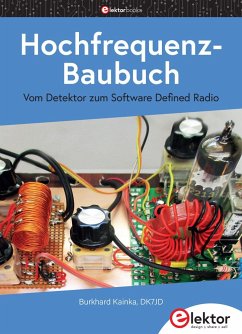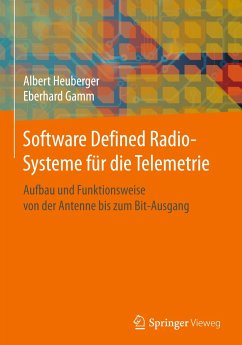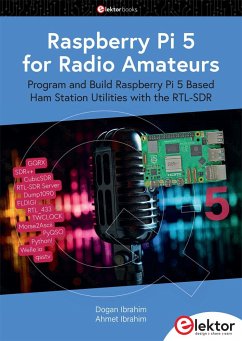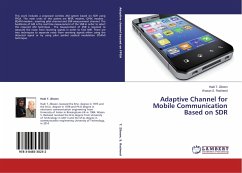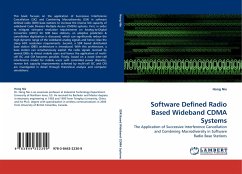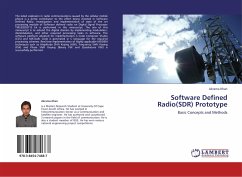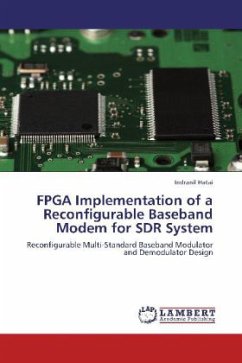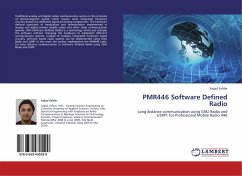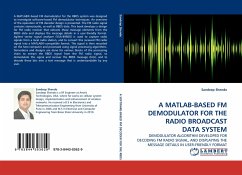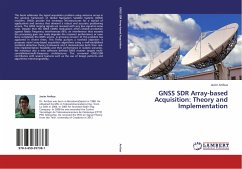
GNSS SDR Array-based Acquisition: Theory and Implementation
Versandkostenfrei!
Versandfertig in 6-10 Tagen
52,99 €
inkl. MwSt.

PAYBACK Punkte
26 °P sammeln!
This book addresses the signal acquisition problem using antenna arrays in the general framework of Global Navigation Satellite Systems (GNSS) receivers. GNSSs provide the necessary infrastructures for a myriad of applications and services that demand a robust and accurate positioning service. The GNSS ranging signals are received with very low signal-to-noise ratio. Despite that the GNSS CDMA modulation offers limited protection against Radio Frequency Interferences (RFI), an interference that exceeds the processing gain can easily degrade the receivers' performance or even deny completely th...
This book addresses the signal acquisition problem using antenna arrays in the general framework of Global Navigation Satellite Systems (GNSS) receivers. GNSSs provide the necessary infrastructures for a myriad of applications and services that demand a robust and accurate positioning service. The GNSS ranging signals are received with very low signal-to-noise ratio. Despite that the GNSS CDMA modulation offers limited protection against Radio Frequency Interferences (RFI), an interference that exceeds the processing gain can easily degrade the receivers' performance or even deny completely the GNSS service. A growing concern of this problem has appeared in recent times. This Thesis pursues a twofold objective: it proposes novel array-based acquisition algorithms using a well-established statistical detection theory framework and it demonstrates both their real-time implementation feasibility and their performance in realistic scenarios. We introduce also a new software defined GNSS receiver targets multi-constellation/multi-frequency architectures. The so-named GNSS-SDR contributes with several features such as the use of design patterns and algorithms interchangeability.



